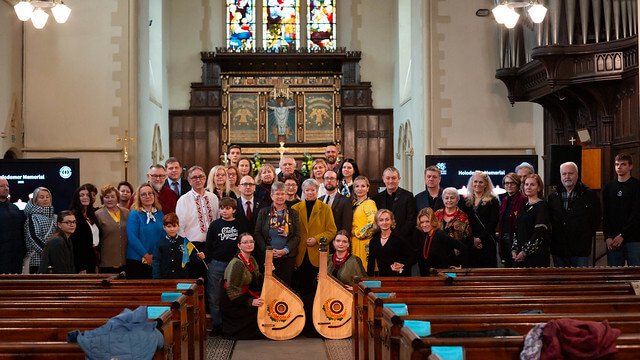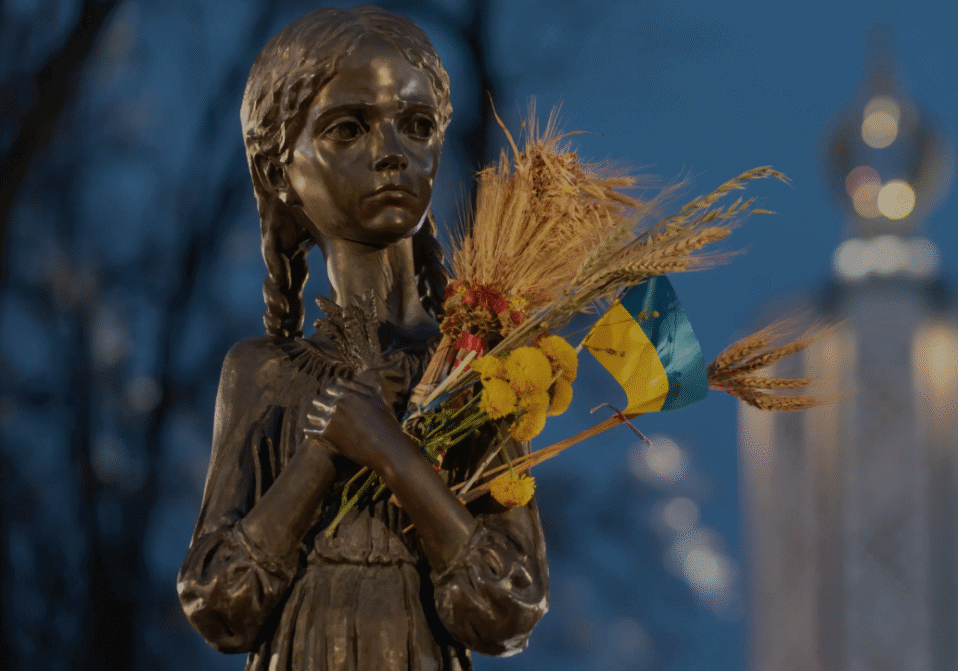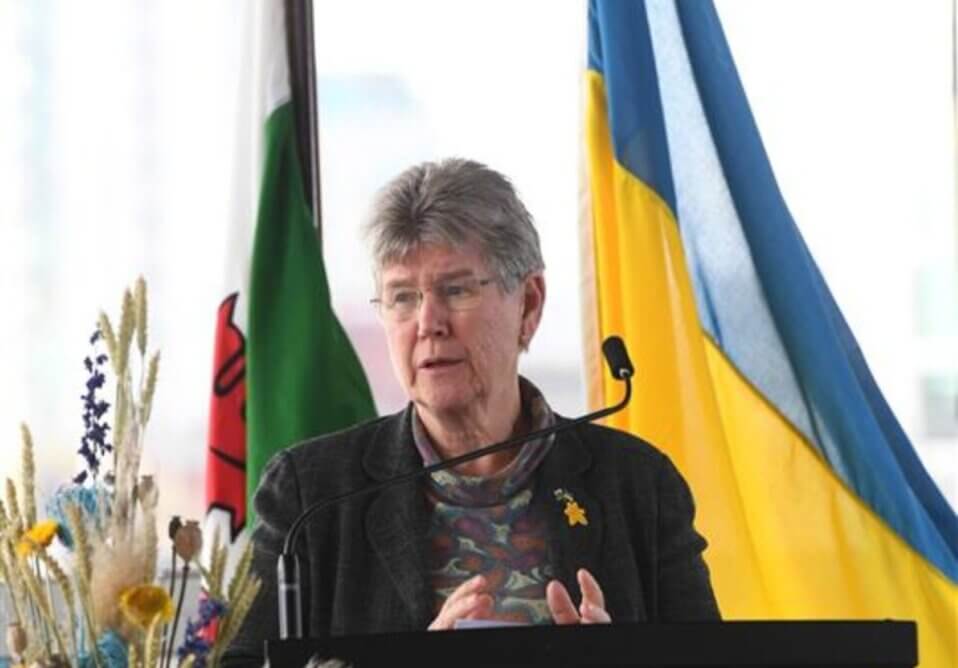Since Russia’s full-scale invasion of Ukraine in February 2022, over 7,000 Ukrainians have found refuge in Wales. The research “Another Battle for Survival” conducted by Gareth Lynn Montes and published by the Welsh Refugee Council in March 2025, provides the first in-depth analysis of the housing journey of Ukrainian refugees in the region.
A Warm Welcome, but a Difficult Transition
Most Ukrainians arrived in Wales through programs such as Homes for Ukraine (private hosts) and the Super Sponsor Scheme from the Welsh Government. Initially, they were accommodated in host families or in so-called Welcome Centres — hotels, dormitories, and holiday cottages. However, the prolonged war, lack of affordable housing, and misunderstanding of local rules have led to new difficulties.
“Our sponsor asked us to move out, but we cannot rent private housing — it’s too expensive. We have a small child. We are desperate.” — Survey participant feedback
Although hosting schemes provided immediate shelter and support, mismatched expectations, deterioration in relationships with hosts, and financial strain on hosting parties often complicated the transition to independent living. Similarly, Welcome Centres — though functional — faced capacity challenges and sometimes hampered integration due to their location away from urban areas.
Main Barriers in the Housing Market
Access to the private rental market proved to be one of the greatest obstacles for Ukrainians in Wales. Over half of respondents now live in private rented housing, yet the affordability of these accommodations remains a critical issue:
Prices — almost 60% of Ukrainians cannot afford rent. In some cases, they are asked for 6 months’ rent upfront.
Guarantors — often needing a local guarantor complicates the process.
Discrimination — nearly 30% of Ukrainians suspect they were refused housing due to their nationality, which calls into question the implementation of anti-discrimination policies.
Misunderstanding rules — for example, British legislation does not allow children of different genders over 10 years old to share a bedroom.
“We have three children, and renting a three-bedroom apartment is too expensive. We were offered a two-bedroom, but we were told it’s not allowed — overcrowding.” — Focus group participant in Swansea
Cultural Barriers and Integration Challenges
A recurring theme throughout the report was mistrust toward authority figures and government structures. This mistrust sometimes prevented refugees from accepting reasonable housing offers, delaying the move-on process and creating additional strain on resources.
Additionally, Ukrainians often hesitated to relocate from urban centers like Cardiff to smaller, more rural areas due to unfamiliarity and a lack of understanding about local facilities and transport. For some, cultural expectations, such as short commutes, contrasted with the realities of rural Welsh life, adding further complexity to integration efforts.
Hidden Homelessness and Long-Term Sustainability
The report reveals that visible homelessness among Ukrainian refugees in Wales is relatively rare. However, precarious housing arrangements—such as temporary rentals or unaffordable leases—pose risks of future evictions. Uncertainty about visa extensions and financial support also restrict long-term stability and planning.
A critical concern highlighted by the report is the sustainability of housing solutions provided by local authorities, particularly regarding top-ups on rents. With financial assistance ending for many initial rental agreements, refugees face an uncertain future.
Stories of Ukrainians
Marina and her daughter lived in a Welcome Centre in Newport. They dreamed of Cardiff but couldn’t find affordable housing. Eventually, they took an apartment for £1,000 per month — half of their income. Now they are struggling with debt and cannot apply for assistance.
Yana with her children refused to move from Cardiff to a rural area because her children were already in school. The local school helped them by collecting funds for Airbnb. Later, the council found them housing, but it’s far away, and the children spend 2 hours traveling to school.
What’s Special About the Welsh Housing Market?
- In Cardiff, the average rent is over £1,000 per month.
- There are very few available apartments, competition is high.
- More options in rural areas, but transport is needed.
- Housing is often old and has mold issues — complain to the council, it’s your right.
Recommendations for Improving the Situation
The Welsh Refugee Council report concludes with several actionable recommendations:
- The Welsh Government should consider introducing rent caps and standardizing landlord requirements to eliminate barriers to private renting.
- Efforts to convert hosting schemes into standardized lodging arrangements could provide more reliable support for both hosts and hostees.
- Systemic measures to improve the recognition of Ukrainian qualifications could reduce underemployment and increase financial independence for refugees.
- Collaboration between local authorities and community organizations is essential to support families in finding affordable and sustainable housing.
Gratitude and Hope
Despite all obstacles, most Ukrainian refugees expressed deep gratitude for the generosity and kindness of the Welsh people. Stories of community volunteers stepping in to help, hosts offering financial assistance, and families finding solace in their new homes are testament to the strong spirit of compassion in Wales.
As one refugee eloquently noted: “Getting a new property in Wales is another battle for survival.” With targeted policy action and community support, this battle can become one of triumph for those rebuilding their lives far from home.
Useful Information: How to Find Housing in Wales
Main Housing Options:
- Private Rental: A common option, but often expensive.
- Social Housing: Applications can be submitted through Local Authorities, but waiting lists are long.
- Living with Hosts: Temporary, under the Homes for Ukraine program.
- Emergency Housing: Through homelessness services if no other options are available.
Useful Contacts:
- Welsh Refugee Council: Help with housing, documents, integration.
Website: welshrefugeecouncil.org.uk
Email: info@wrc.wales - Shelter Cymru: Advice on rentals, tenant rights, problems with landlords.
Website: sheltercymru.org.uk
Phone: 08000 495 495 - Citizens Advice: Free legal consultations.
Website: citizensadvice.org.uk
How to Act If You Are Looking for Housing
- Register with your local council — as housing in need (Housing register).
- Get advice from Shelter Cymru or Citizens Advice.
- Try communities on Facebook/Telegram — for example, “Sunflowers Wales,” “Ukrainians in Cardiff,” “Ukrainians in Wrexham.”
- Ask about rental support — some councils cover deposits or first month’s rent.
Legal Disclaimer: This article is for informational purposes only and does not constitute professional legal or financial advice. While every effort has been made to ensure the accuracy of the information provided, the authors of this article accept no liability for any errors, omissions, or actions taken based on its content. For personalized advice, please consult a qualified professional.





